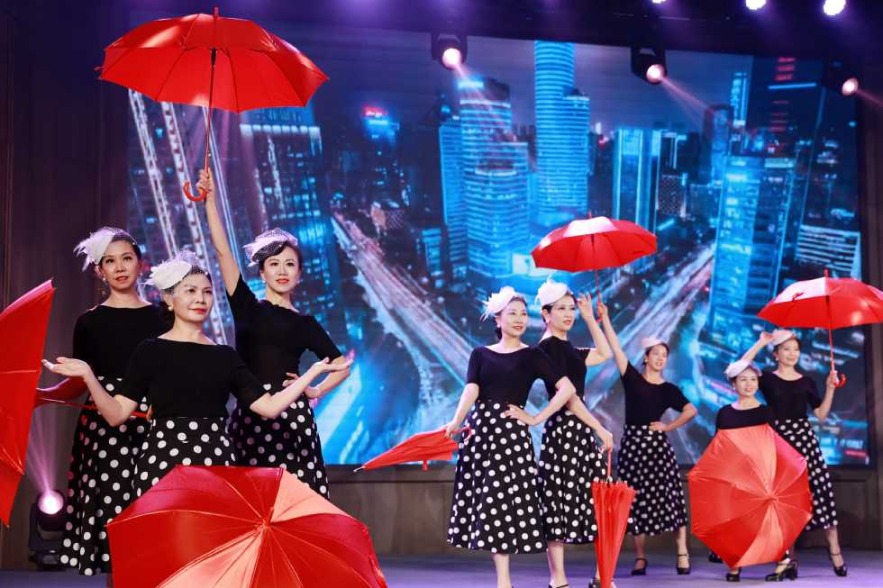Basics of the NPC

The National People's Congress, with about 3,000 deputies elected from across the country, is the top legislature and the country's highest organ of State power.
It supervises the government and judicial system, and appoints the president, the chief justice and the chief prosecutor. Major State issues, such as those concerning key reforms, are also determined by the NPC.
The election of deputies is held every five years. They come to Beijing to attend the annual plenary session, usually in early March, to review and vote on the work reports of the central government, the top court and top procuratorate, the national budget, as well as important law drafts and economic and social development plans.
Deputies come from all walks of life, including government officials, laborers, farmers, technicians and scholars. When they return to their workaday worlds while the NPC is not in session, they hear from the public and solicit opinions at the grassroots level.
Based on what they see and hear, the deputies can make suggestions regarding laws, national plans and reports while they review them at the annual plenary session of the NPC. They can also submit formal legislative motions to the NPC.
The NPC Standing Committee takes charge of affairs during the non-congress periods. The committee holds a session every two months, at which its members deliberate laws and determine which laws should be submitted to the full session of the NPC.
In general, laws regarding the fundamental issues of the nation will be submitted to the plenary meeting of the NPC. For instance, the draft foreign investment law, which is considered a fundamental law regulating foreign investment in China, is to be deliberated at the upcoming NPC.
The NPC Standing Committee also has the right to inspect whether laws are being effectively implemented, and to make sure all regulations, judicial interpretations and governmental documents abide by the Constitution and existing laws.
As a form of supervision, some ministers or high-level officials with the central government and the judicial system are also present at the committee's bimonthly meetings to take questions from legislators on pressing issues.
For example, in October, Zhou Qiang, chief justice of the Supreme People's Court, answered questions on how courts manage to make sure rulings are implemented. And in July, several ministerial-level officials answered questions on air pollution control.
China Daily
- China willing to advance just and equitable global anti-corruption system
- Chongqing hosts Silver Age fashion model competition
- Hengshan Mountain glistens with iconic winter rime scenery
- Ningbo hospital staff disciplined following pediatric surgery death
- Mainland warns Taiwan leader against provoking conflict
- Former senior official of Shenzhen under investigation





































